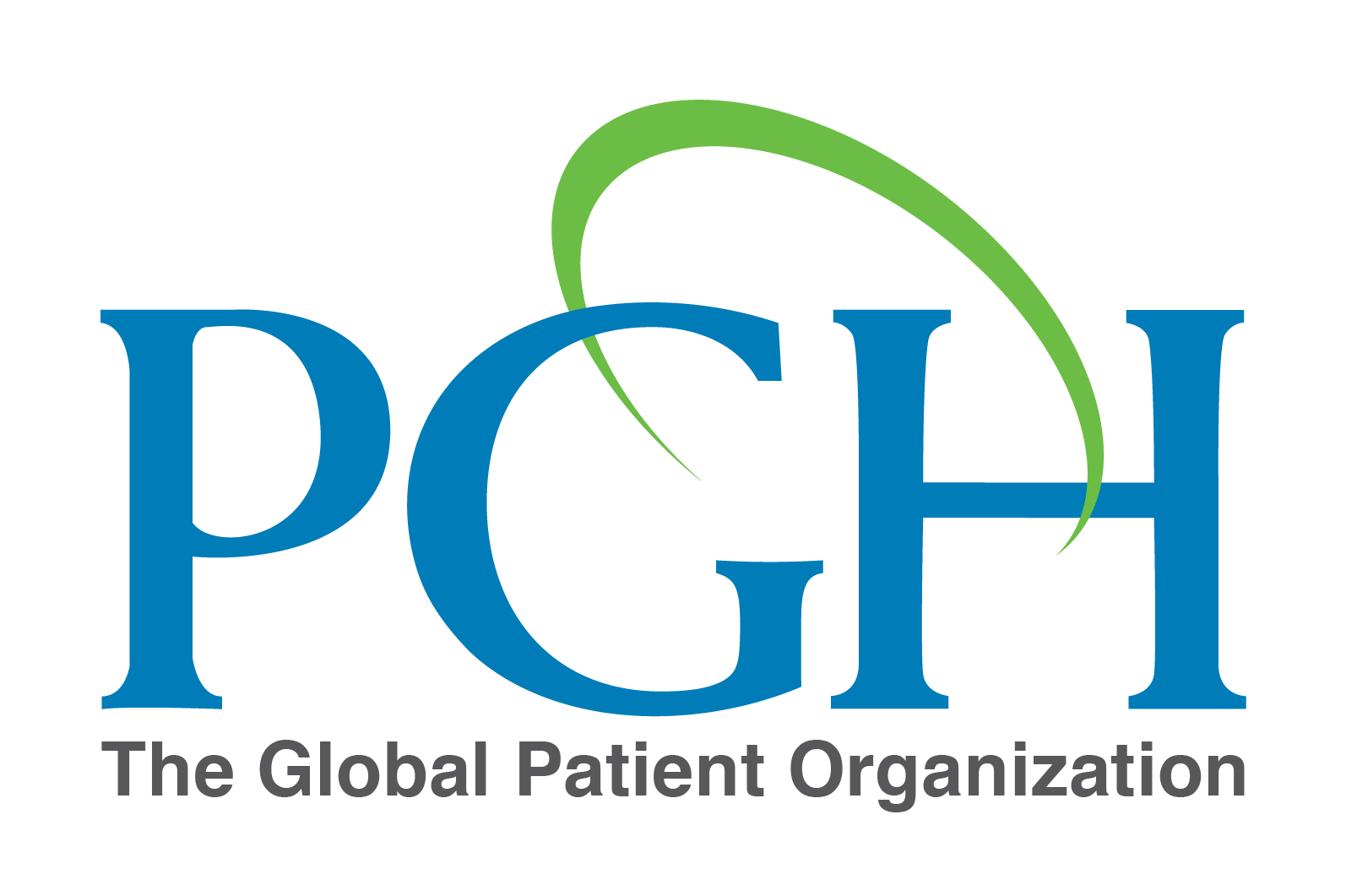Understanding Dementia
2021/12/22
Improving the support for people with dementia and looking after yourself as a carer.

Understanding dementia.
Dementia is a general term for loss of memory, language, problem-solving, and other brain functions. There are over 100 diseases that may cause dementia.
Dementia is not a complete diagnosis. It is important to know what the type of dementia is, such as Alzheimer’s Disease or Vascular Dementia, in order to understand the cause, the progression of affected functions, and corresponding therapies (pharmacological and non-pharmacological) that can help slow the disease and retain abilities for longer.
Dementia affects people in different ways. Cognitive, personality, and behavioural changes vary according to the type of dementia, to the stage of disease (mild, moderate, or severe), and from person to person.
A diagnosis is not the end. Although there is currently no cure and dementia is still stigmatised in some places, awareness, understanding, and concrete support is advancing. For example, there is an increase in dementia-friendly companies (like banks with tools to help remember pins, and trained staff at supermarkets), in cognitive therapies and group, and organizations providing support to caretakers. People with dementia may live full lives for years.
There are at least 55 million people living with dementia around the world as reported by the World Health Organization in 2021. Every year there are nearly 10 million new cases.
Associations and centers for dementia are trusted resources for information, education, referral, and support. Understanding the disease, preparing for the future, and improving the support for people living with dementia and for their caretakers is important to best respond to a disease that affects loved ones and those around them.
Recognizing that you are a carer.
Sometimes people do not recognize that they are carers, despite supporting people very intensively. For others, it might be a new role that has not been experienced or observed before.
Not identifying as a carer can have implications on accessing support and resources. For example, as a carer one can access respite services that give time and rest to perform other activities – and to help continue caring.
Knowing that one is a carer also means recognizing that one is not alone. In the US, it is reported that in 2020, 1 in 5 people are caregivers supporting people with special needs. In the UK, 6.5 million people are carers supporting a loved one who is older, disabled, or seriously ill. Every day another 6,000 people take on a caring responsibility. In Hong Kong, it is estimated that in 2018, 5% of the population received eldercare and 45,000 working adults were caring for a family member with 58% of these being women.
Around the world, caretaking falls disproportionately on women. The vast majority of carers provide unpaid care.
Although caring can have many positive and rewarding aspects, there are many reasons why caring can have a impact on day-to-day life. It can seriously affect finances and physical and mental wellbeing. Help for caretakers may take the form of joining emotional support groups and activities, accessing training, considering flexible arrangements at work, and finding out if there are financial entitlements and social resources. Respite care provides a temporary hiatus from caregiving, while the person living with dementia continues to receive care in a safe environment.
Early intervention and preparation, such as a needs assessment for the person with dementia and for the caregiver, can help a lot. Relationships will change. Acknowledging how these will affect everyone is important. Putting affairs in order – like legal, financial, and medical wishes – and planning for informal and formal support is strongly recommended.
Open conversations, potentially involving dementia caregiving specialists, can help identify what each family member can do to support the person living with dementia, and equally to each other. One person may be the primary carer, but there may also be secondary and third carers (informal or formal) who can get involved and support care at home and other activities.
It is ok – and smart – to ask for help and to improve understanding of what is going on for oneself, as well as the person being cared for.
Types of dementia.
Dementia is triggered by damage to brain cells and their ability to communicate with each other. Different regions of the brain are responsible for unique functions. When neural cells and pathways are damaged, thinking, movement, behaviour and/or emotions are affected.
Different types of dementia are associated with specific types of brain cell damage in particular regions of the brain.
- Alzheimer’s Disease is the most common type of dementia, accounting for 60-70% of cases.
- Vascular Dementia is the second most common cause.
- Frontotemporal Degeneration and Lewy Body dementia are also frequent types.
- Mixed Dementia is more common than was previously thought. Here, people have more than one disease causing dementia.
- Early-onset Dementia is the term when signs present in people under the age of 65. Although dementia is more common in older people, it can also affect people in their 30s, 40, and 50s.
Dementia affects both men and women. Research is revealing that women are twice as likely to develop Alzheimer’s disease as men. This may be due to the protective role of hormones on brain metabolism that drops after menopause, and/or different work and educational opportunities.
Although most changes in the brain that cause dementia are permanent and worsen over time, it is possible to address and reverse dementia-like symptoms caused by depression, excess use of alcohol, thyroid problems, medication side effects, brain tumours, stress, hormone disorders, urinary infection, nutritional or vitamin deficiencies.
Know the signs.
Social isolation has increased over the coronavirus pandemic. It is feared that this may increase the numbers of people suffering from dementia, or that problems that have been going on for some time, were made worse and are only now being noticed.
It is not easy to spot early signs of dementia: changes are gradual and not always obvious. Because dementia affects people in different ways, not all the signs may be present. Failure to recognise the early stages often lead to people not being diagnosed for several years.
Sometimes it is family or close friends who first identify mental or behavioral changes.
Other times, changes are more obvious to people with less regular contact, because people who see each other frequently may miss changes.
Common early signs include:
- memory loss that affects day-to-day function.
- struggling to recall things heard, seen, or read recently – although you can easily recall things from longer ago.
- regularly losing the thread when speaking.
- difficulties in thinking or saying the right words.
- finding it difficult to follow conversations or programs on TV.
- difficulty performing everyday tasks and taking longer to do routine tasks.
- putting objects in unusual places, like the keys in the fridge.
- feeling confused, even in a familiar place, or getting lost on familiar journeys.
- losing enthusiasm or interest in activities and becoming apathetic.
- communication problems that can lead to withdrawal from support networks.
- problems with judgement.
- changes in personality or behaviour.
- finding it difficult to follow instructions.
- increased emotional unpredictability.
If someone is showing these symptoms, encourage them to see their doctor and investigate the cause. Although it may not be dementia, it is always good to check what is going on.
Primary physicians should refer people to a memory clinic or specialists, such as neurologists, geriatric specialists, or psychiatrists, for further assessments. Other doctors may also be involved in order to rule out issues, like strokes and tumours.
Do not self-diagnose. There are a lot of conditions that can provoke symptoms similar to dementia.
Mild cognitive impairment.
Memory problems do not always mean dementia. Although ageing is a risk factor, serious mental decline and dementia are not an inevitable consequence of ageing. There is a difference between normal memory loss, mild cognitive impairment, and dementia.
Not all mild cognitive impairment (MCI) will lead to dementia, but it can do so. Because MCI can be an early sign of more serious problems it is important to see a doctor or specialist who can help track changes in memory or thinking skills. Keeping a record of changes can also be useful.
Symptoms may become severe, but they can also stay the same or even improve. People with MCI may also consider participating in clinical trials.
Diagnosing dementia.
There is no single test to determine if someone has dementia. Doctors give tests that examine memory and mental abilities, use brain imaging studies (magnetic resonance imaging ‘MRI’ or computed tomography ‘CT’), and perform physical examinations to arrive at a complete diagnosis.
Although doctors can identify that a person has dementia, it is harder to determine the type of dementia. One reason for this is because there is overlap in symptoms and brain changes.
Multiple specialists. To arrive at a full, correct diagnosis, which is needed to understand what is happening to the brain and what will come, means seeing other specialists after a primary doctor, like a neurologist, psychiatrist, neuropsychologist, and/or geriatrician.
The most common cognitive tests are the Mini-Mental State Exam and Mini-Cog test. Some physicians may also use computer-based tests. Neuropsychologists usually provide more comprehensive mental cognitive status tests to evaluate executive function, judgement, attention, and language.
Therapies and treatments.
Cognitive therapies, led by professionals, can help retain existing functions as long as possible through training, interventions, and learning self-cueing strategies. Some forms of these are: cognitive stimulation therapy, cognitive rehabilitation therapy, and occupational therapy.
Music therapy (both listening and playing) has been shown to help the brain remember specific tasks and retain motor functions. Familiar and likable music reduces depression, lessens agitation, and increases sociabililty and movement.
While there is currently no cure, doctors may prescribe drugs to slow the decline in mental and physical abilities and to relieve symptoms.
After a diagnosis to yourself or a loved one, it is important to think and learn about:
- Caring for physical, emotional, social, and spiritual health.
- Taking steps to reduce stress and improve your wellbeing.
- Coping strategies (starting with acceptance) and tips for managing day-to-day life. For example: using mobile technology as reminders, making lists or sticky notes, creating a photo album of family and friends over time to help recognise them, wearing the same, agreed colour shirts during outings to help locate each other, and making the home a safe environment.
- Helping family and friends adjust to a diagnosis.
- Changes in relationships.
- Challenging stigma and cultivating awareness of difficulties and progression of disease.
- Planning for the future, including long-term medical care, financial and legal matters.
- Leaving your legacy.
Sources:
- AARP, National Alliance for Caregiving. 14 May 2020. “Caregiving in the United States 2020”.
- Carers UK.
- HSBC Life, The Women’s Foundation, and Sau Po Centre on Ageing The University of Hong Kong. May 2019. “Eldercare Hong Kong. The Projected Societal Cost of Eldercare in Hong Kong 2018 to 2060.”
- Alzheimer’s Society UK. 20 September 2018. “Why is Dementia Different for Women?”.
- Alzheimer’s Association.
- Alzheimer’s Society.
- Dementia Australia.
